The risks of rodents
Causing disease in people and damage to property
Despite their depiction in childhood fiction as cute little furry creatures with endearing qualities, rodents are carriers of a variety of pathogens that cause disease, both directly and indirectly. In many instances, infection can occur just by breathing in dust that has been contaminated with rodent urine or droppings. Rodents can chew through wires, leading to short circuits or even an electrical fire. They can damage wooden beams, metal or plastic pipes, and insulation in your walls. Expert climbers, they can gnaw their way through obstacles and get into your stored food, including pet food. Rodents are prolific breeders, so rodent removal is an important part of keeping your home safe for your family.
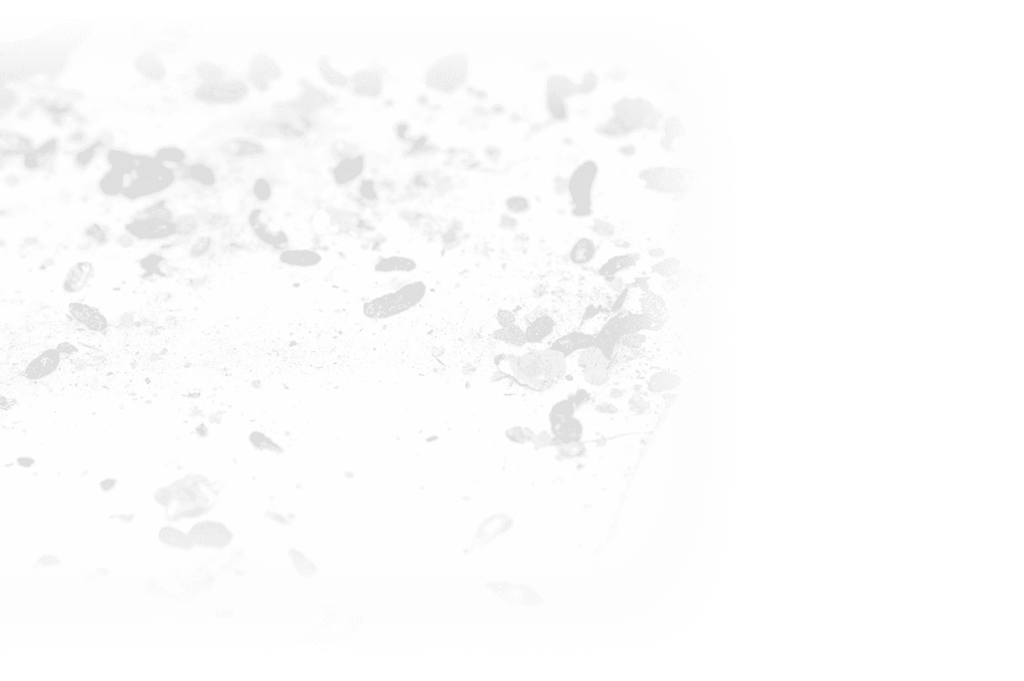
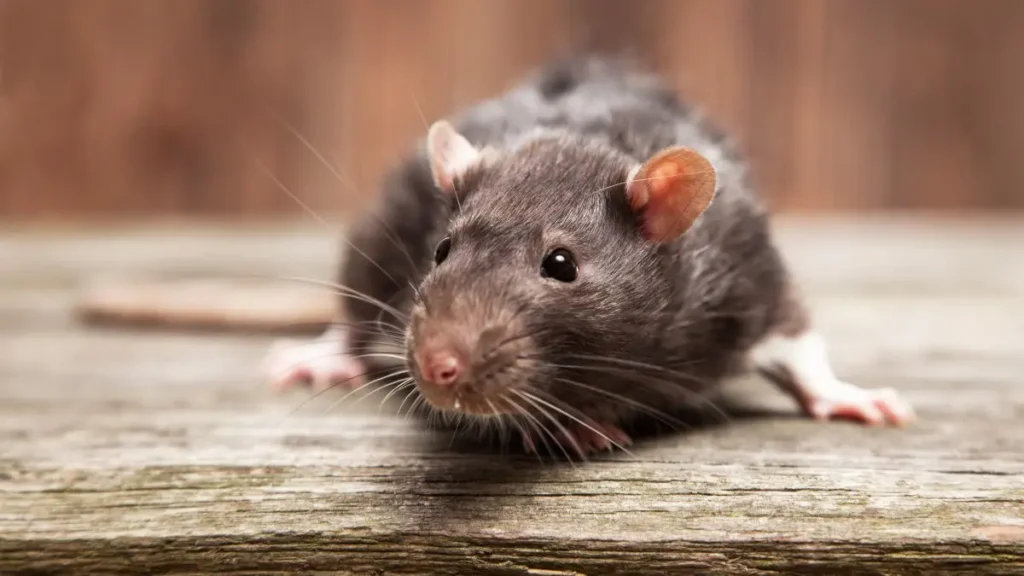
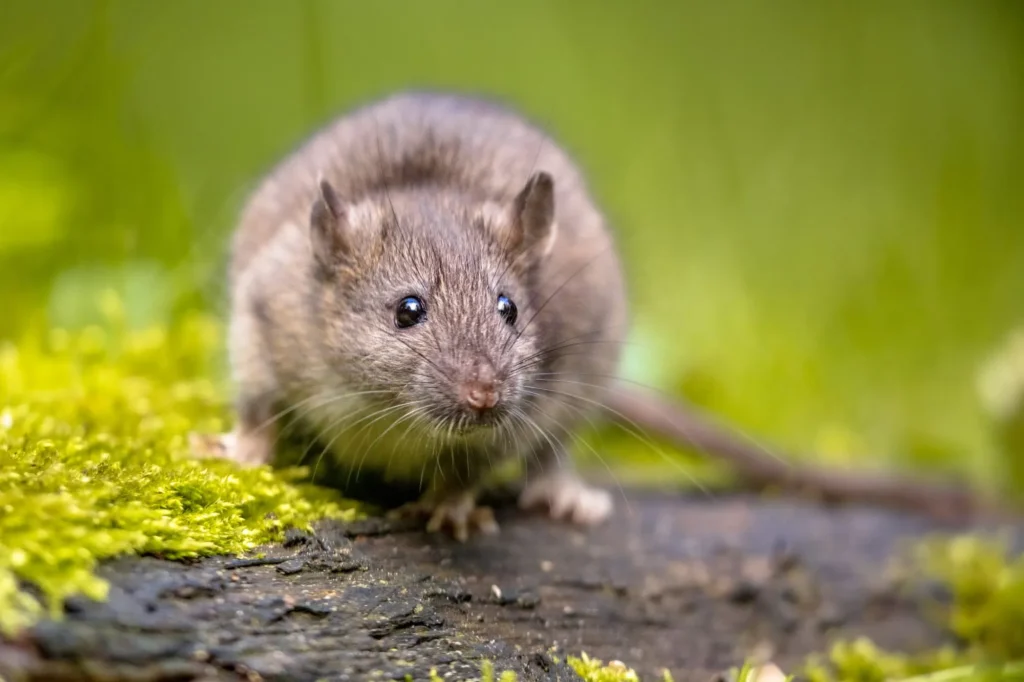
Signs that you need to add rodent removal to your pest control program
Ferret them out for good
Rodents are nocturnal — they scurry about while you are asleep, or your business is closed for the night. While most live outdoors, rats can enter your home through an opening the size of a quarter — or gnaw themselves a larger one. Mice only need an opening the size of a pencil. There are a few signs that point to a rodent infestation:
- Gnaw or chew marks – These can be found on wood, cardboard, utility/power lines, food, etc.
- Rub marks/grease stains – Rodents take pathways (like highways), and they tend to stick to them. The more they use them, the more the oil and grease transfers from their fur to the surface they travel on.
- Scratching and scampering – While they are great at hiding, often they can easily be heard running through the walls or across the ceiling.
- Droppings – These will be found along commonly traveled pathways.
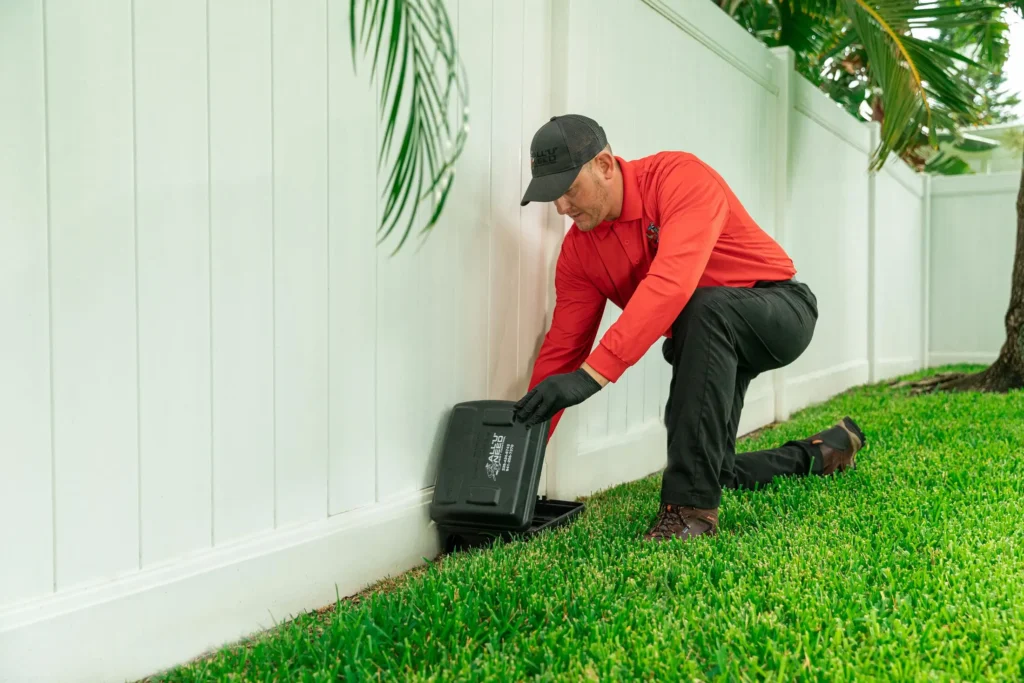
Three steps to successful rodent removal
Make close, catch, checkup part of your pest control program
- Close — During our initial rodent inspection of your property, we will close holes and physically block entry points using a variety of methods like caulking or installing wire mesh. A thorough survey of your home and property will be conducted by our exterminators.
- Catch — Next, we begin rodent removal by setting traps. Carefully monitoring how many, where, and how long it took to trap the rodents will help us determine the population size.
- Checkup — With post-treatment monitoring and maintenance, we ensure rodents don’t take up shelter in your home or business again.
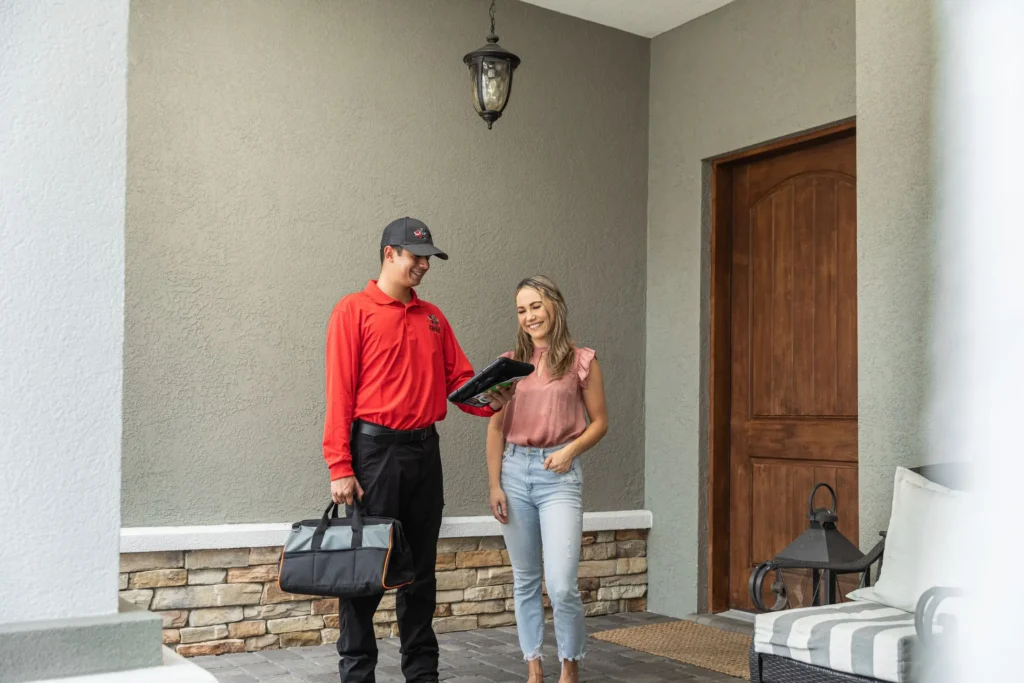
Rodent FAQ’s
How do I know if I have a rat infestation?
It is easier to spot the signs of a rat infestation, rather than the rats themselves. Signs include rat droppings, scratching noises, footprints or trails, musky odor, dark rub marks, chewing damage, nests and burrows.
Are rats and mice the same?
Many people confuse rats and mice, and assume that they’re two names for the same rodent. However, rats and mice are very different pests.
Are rodents dangerous?
Rats can carry many diseases. They can contaminate food and different surfaces in your home with feces and urine which can put you and your family at risk. Some of the diseases carried by rats in particular, such as hantavirus, can be lethal. If you encounter rodents in your home, it is in your best interest to contact a pest control professional.
If they’re not dead, we’re not done!
Your best defense is a good pest control offense
A few strategic moves to prevent rodent infestation
Rodents invade your home looking for food, water, and shelter. Denying them access to food and water will discourage them from seeking shelter in your home or business. These home hygiene tips should help:
- Control food sources by keeping food properly sealed. Use thick plastic or metal containers with tight lids.
- Clean up spilled food right away and wash dishes and cooking utensils soon after use.
- Keep outside cooking areas and grills clean.
- Always put pet food away after use and do not leave pet food or water bowls out overnight.
- Use a thick plastic or metal garbage can with a tight lid; empty your kitchen trash can nightly.
- Keep compost bins as far away from the house as possible (100 feet or more is best).
- Keep grains and animal feed in thick plastic or metal containers with tight lids. In the evening, uneaten animal feed should be returned to containers with lids.
